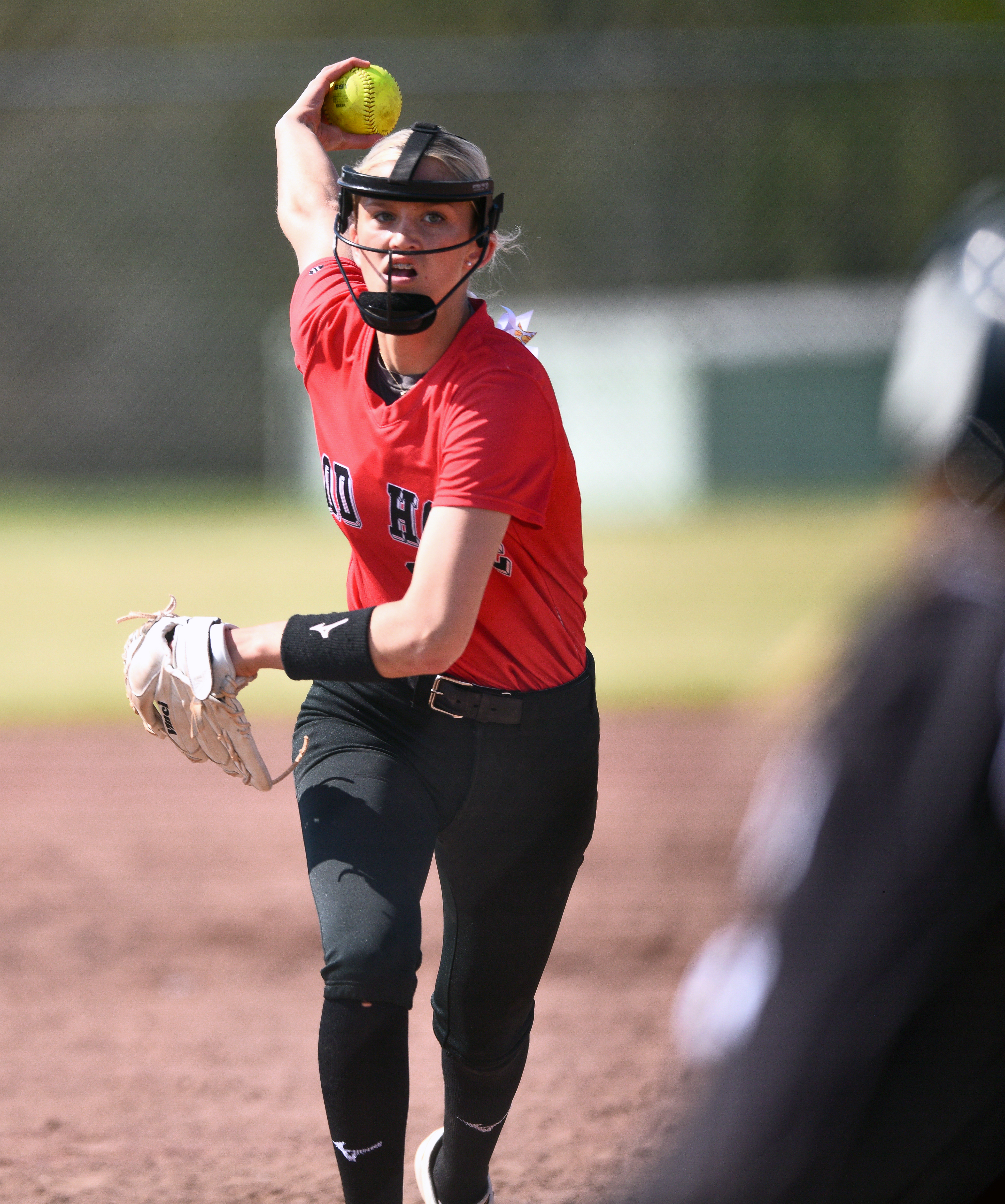How to properly dispose of unused medications
Published 9:16 am Wednesday, April 22, 2009
Health Watch By Amanda Hamil
The North Jefferson News
Will spring cleaning this year include cleaning out your medicine cabinet?
Cleaning out your medicine cabinet once a year is a good idea, and if you are anything like me, you have a medicine cabinet full of old prescription and over-the-counter medications. Some of the medications may have expired, others you just have no need for anymore.
Medications that have expired lose their effectiveness and disposing of them is the best way to ensure you are getting the most out of your medications. Both expired over-the-counter medications and old prescription medications need to be disposed.
Hanging onto prescription antibiotics, decongestants, cough syrups, etc. for later use is not such a good idea. You really shouldn’t have any leftover antibiotics since you are always supposed to take the full course, but if you do have some laying around, it isn’t a good idea to save them for your next cold.
Most colds are viral and cannot be treated with an antibiotic, so taking an old antibiotic at the first sign of a stuffy nose just leads to antibiotic resistance. Also, not all antibiotics treat the same bacteria, so if your cough and cold lingers, you want to be sure to see your doctor for the most appropriate antibiotic.
Sharing medications is also a bad idea for the same reasons. There are many different types of bacteria and many different classes of antibiotics to treat them, so your old ciprofloxacin prescription might not benefit someone else.
It is also important that the doctor know the person’s medical history — including drug allergies — in order to prescribe the most suitable medication for that specific patient. So don’t hang onto old prescription medications just in case your daughter/brother/neighbor may need them one day. It not only may be ineffective for their symptoms, it very well could be dangerous.
Now that you’ve decided to clean out your medicine cabinet, you may have no idea what to do with all the old medications. Years ago, it was advised to flush the old medications, or just throw the bottle in the trash. Neither of those options is acceptable anymore. Flushed medications can end up in streams, rivers and lakes.
In 2008, it was reported that many medications, including antibiotics, mood stabilizers and hormone medications, were found in drinking water. While the amount we receive in the water supply may not be enough to harm or affect us, it has been found to affect fish and wildlife.
Throwing old medications in the trash is also not advisable without first taking proper measures. Children and pets could find the bottles and harm themselves by ingesting their contents. There is also the issue of patient confidentiality. It is never a good idea to have a medication bottle labeled with your name and medication laying around for anyone to see, even if it is in the garbage. You want to be sure to protect your privacy and personal health information.
Here are some guidelines you can follow on how to properly dispose of your old and unwanted medications.
• Do not flush any medication, unless specific instructions come with the medication stating to do so. Some narcotics may come with instructions on flushing the medication in order to prevent illegal use or accidental overdose.
• If there are no instructions to flush the medication, the medications may be thrown in the trash, but first: scratch off or mark out any identity information on the label; add water or soda to the bottle to start dissolving the pills; if it’s a liquid, add flour, pepper, cat litter or dirt to the bottle; secure the bottle with duct tape or packing tape; place the bottles in another container that you can’t see through, such as an empty coffee container, laundry detergent bottle or margarine tub; tape that container closed as well; and do not place these containers in the recycle bin. Hide them in the trash.
There are some cities that have drug take back programs that will dispose of your unwanted medications. Check with your household trash or recycling service to see if it is offered in your area.
When in doubt about how to properly dispose of your medications, talk to your pharmacist.
Amanda Hamil is a Pharm D candidate at Samford University’s McWhorter School of Pharmacy, interning at The Pharmacy in Mt. Olive. The Pharmacy can be reached at 631-1201.





